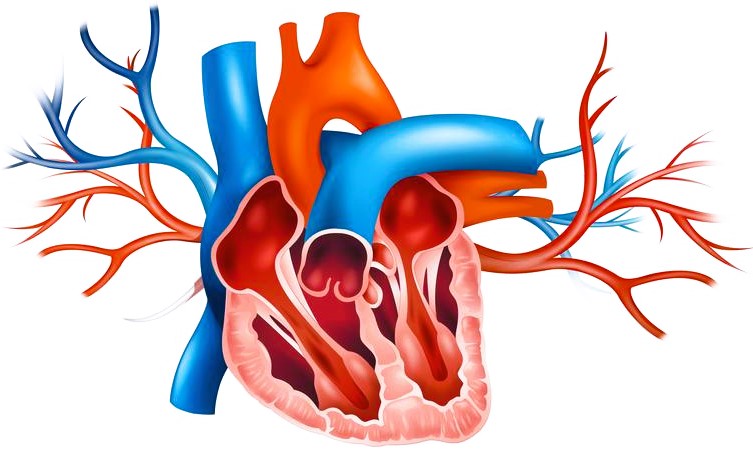Heart Valve Disease: Causes, Symptoms, and Treatment
Learn about Heart Valve Disease: its causes, symptoms, and treatment. Discover essential information to understand and manage this condition effectively in our comprehensive guide.


Heart valve disease refers to any condition that affects the functioning of the valves in the heart. The heart has four valves - the mitral valve, tricuspid valve, pulmonary valve, and aortic valve - that help regulate blood flow through the chambers of the heart. When these valves are damaged or don't function properly, it can lead to heart valve disease.
Causes of Heart Valve Disease
Heart valve disease can be caused by various factors, including:
Age: As we age, the valves in our heart can become stiffer and thicker, affecting their ability to open and close properly.
Infections: Certain infections, such as rheumatic fever or endocarditis, can damage the heart valves.
Genetic factors: Some individuals may be born with heart valve abnormalities that can lead to valve disease later in life.
Heart conditions: Conditions like high blood pressure, coronary artery disease, or a history of heart attacks can increase the risk of developing heart valve disease.
Symptoms of Heart Valve Disease
The symptoms of heart valve disease can vary depending on the severity and type of valve affected. Common symptoms include:
Shortness of breath: Difficulty breathing or feeling breathless, especially during physical activity.
Chest pain: Discomfort or pain in the chest, often described as a tightness or pressure.
Fatigue: Feeling tired or lacking energy, even with minimal exertion.
Heart palpitations: Sensations of a rapid or irregular heartbeat.
Swelling: Swelling in the ankles, feet, or abdomen due to fluid retention.
Treatment of Heart Valve Disease
The treatment for heart valve disease depends on the severity of the condition and the symptoms experienced. The options may include:
Medications: Medications can be prescribed to manage symptoms, reduce the risk of complications, and improve heart function.
Lifestyle changes: Making healthy lifestyle choices, such as maintaining a balanced diet, exercising regularly, and quitting smoking, can help manage symptoms and prevent further damage.
Valve repair or replacement: In some cases, surgical procedures may be necessary to repair or replace the damaged heart valve. This can be done using open-heart surgery or minimally invasive techniques.
Transcatheter valve therapy: For individuals who are not suitable candidates for open-heart surgery, a minimally invasive procedure called transcatheter valve therapy may be an option. This involves inserting a catheter with a replacement valve through a blood vessel to the heart.
It's important to note that the treatment approach will be tailored to each individual's specific condition and needs. Regular follow-up appointments with a healthcare provider are crucial to monitor the progression of the disease and adjust the treatment plan accordingly.
In conclusion, heart valve disease is a condition that affects the proper functioning of the heart valves. Understanding the causes, recognizing the symptoms, and seeking appropriate treatment are essential for managing this condition and maintaining heart health.
